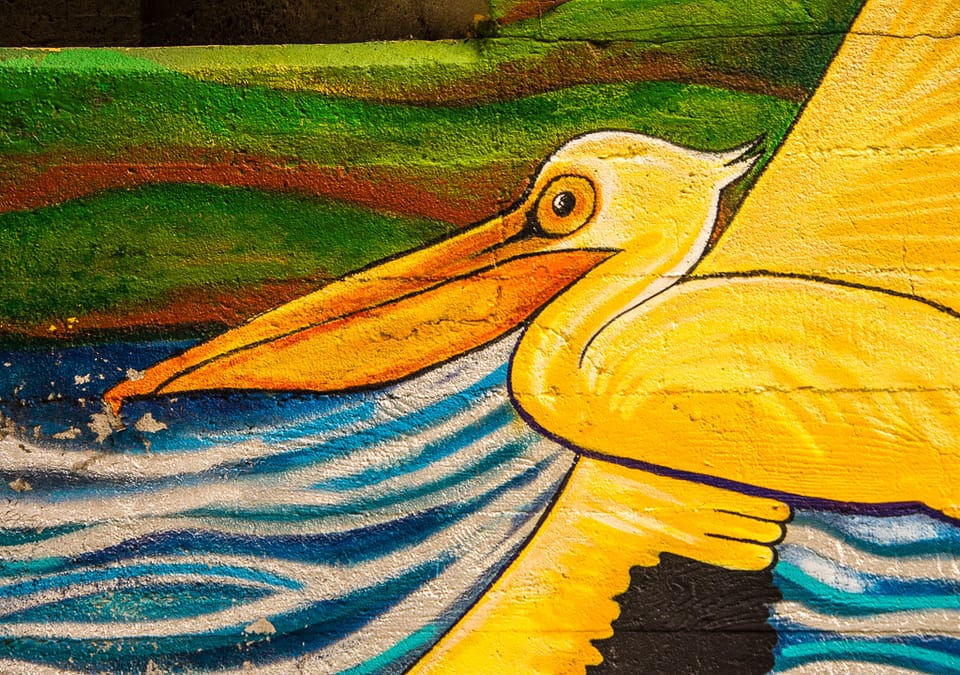EcoWest News, February 8, 2022

Welcome to the first edition of EcoWest News, a weekly round-up of news and resources you can use in addressing environmental issues and protecting the wild in your community.
Across the West
The City of Winnipeg plans to address air pollution via more air-monitoring stations, clean-air shelters, and greater use of the national Air Quality Health Index. [CBC Manitoba]
The University of Regina and the Royal Saskatchewan Museum have undertaken a study of great horned owls’ distribution and habitat use in Alberta and Saskatchewan and are inviting the public to submit their sightings, particularly in locations south of the boreal forest. [Government of Saskatchewan]
If you can’t do it safely, don’t do it. BC’s out-of-date laws don’t protect communities or the environment from mine waste disasters. [The Narwhal]
Energy
The Southern Alberta Group for the Environment believes federal Clean Fuels Fund research and development grants should be given to corporations committed to fossil fuel reduction and be evaluated based on their ability to reduce GHG emissions for the provincial electricity system. [SAGE]
The City of Vancouver could require property owners to install energy-efficient systems when replacing furnaces and hot water tanks. Depending on the size of the house, they could be expected to use renewable energy. [Daily Hive]
Regulatory decisions that fail to consider their impact on the environment, such as the recent offshore oil and gas lease in the Gulf of Mexico, are increasingly vulnerable to legal challenges. [The Guardian]
Transportation
Switching to electric buses is a steep learning curve for municipal transit agencies. Bus schedules may need to be adjusted to match charging cycles and range limits. Keeping buses warm in winter drains the battery, and buses need to be monitored at night to make sure they’re fully charged by morning. [Smart Cities Dive]
Opposition to expansion of the port in the Fraser Estuary has been reignited with the release of the previously undisclosed closing submission from Environment and Climate Change Canada, which concluded that the project represented “an unmitigable species-level risk to Western Sandpipers and shorebirds more generally”. [A.P.E. Against Port Expansion in the Fraser Estuary, BC] You're encouraged to show your opposition by signing a letter to the Federal Minister. [David Suzuki Foundation]
Research Matters
A recent report explains why community-based water monitoring is a cost-effective, scientifically rigorous way to collect data on freshwater quality, how it can be funded and coordinated, and the recommended role for the Canada Water Agency. [International Institute for Sustainable Development]
Bumblebees rely on forests for food, winter and nesting habitat, and favourable conditions in a changing climate. [BioScience]
“Slugs are important indicators of the health of Vancouver Island’s rainforest.” Researchers are mapping the locations of two threatened species - the dromedary and warty jumping-slugs. [North Island Gazette]

The Arts & Climate Action
The Saskatchewan Writers’ Guild’s online/in-person festival on creativity and climate change, Mar. 2-5, 2022, will cover climate fiction, writing sci-fi like a scientist, poetry and solastalgia. [Saskatchewan Writers’ Guild]
The Y2Y virtual film fest, Feb. 8-22, 2022, highlights the challenges that wildlife and nature face in the modern world. [Yellowstone to Yukon Conservation Initiative]
The website for This Singing Land, Kanikamot Askiy explores the Saskatchewan prairies through the words of the province’s writers. [This Singing Land]
The winning entries in the Ocean Art photography competition illustrate marine life behaviour and a sense of urgency to conserve our subsurface planet. [Underwater Photography Guide]
Solarpunk imagines a just, sustainable, nature-positive future. [China Dialogue]
EcoFriendly West informs and encourages initiatives that support Western Canada’s natural environment. Like us on Facebook, follow us on Twitter, or subscribe by email.

Member discussion